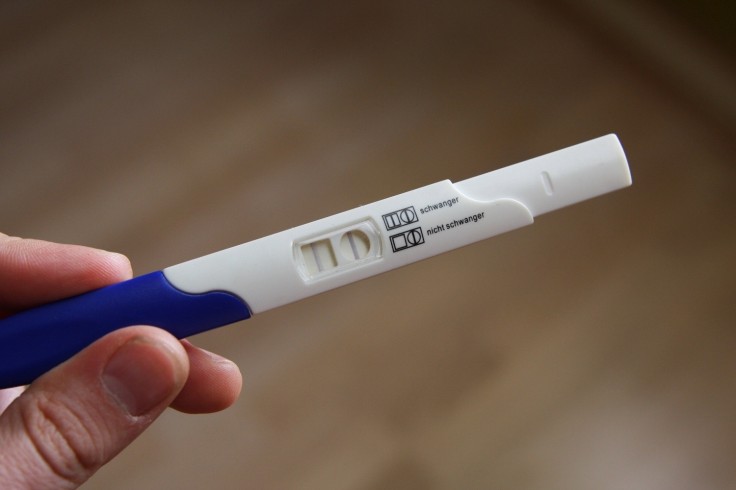
Women's period varies which means not all periods operate like clockwork as some women have their periods right on schedule every 28 days while other periods appears to be both irregular and unpredictable. An irregular period can be frustrating for women but it'll be more upsetting when trying to conceive and are having difficulties. Moreover, numerous factors can affect a woman's ability to conceive and one of those is irregularity in periods.
Emilee Sandsmark, M.D., an OBGYN at Banner Health Clinic in Loveland, CO says that a normal cycle is actually anywhere between 21 to 35 days with consistently not more than a two to three-day variance from the cycle. Any cycle that happens more or less frequently than such is considered abnormal, as is a woman who encounters cycles that are 24 days, 29 days, then 34, etc.
If you have polymenorrhea or a period that occurs more frequently than 21 days, then this is considered abnormal. Another considered abnormal period is commonly known as oligomenorrhea or a period that happens less frequently than every 35 days.
Read Also : K-12 Parents: First Year of Pandemic Harmed Children's Education and Emotional Well-Being
Conceiving while having an irregular period
Ovulation is the process of releasing an egg from the ovaries, this is also the time when a girl is most likely to get pregnant. However, a woman with irregular periods usually still ovulates, just not on a regular as they have a predictable schedule. Basically, girls, particularly those with irregular periods can ovulate a different points from cycle to cycle.
Dr. Sandsmark noted that irregular ovulation is what actually causes irregular menstrual cycles, adding that this is a common misconception that irregular periods cause irregular ovulation, as it is normally the other way around; Hypothalamus and pituitary gland, both in the brain, as well as the ovary, serves as the messengers that regulate monthly cycles. Clarifying that there can be many abnormalities at almost any of such steps that can cause irregular ovulation and abnormal periods.
Frankly, you can still get pregnant despite having irregular periods. Hence, irregular ovulation can lead to an irregular period which means it can make your ability to conceive a little harder. Thus, when this happens, seek professional and medical help to regulate one's menstrual cycle and better determine when you ovulate each month; University Reproductive Associates says that the ability to get pregnant decreases significantly which means that the disadvantage of ovulation becomes hard to determine. On the other hand, the pregnancy success rate of a healthy woman with a regular is 30 percent.
Trying to conceive with ovulation problems
Anovulation can be treated with fertility drugs, however, it is important to be evaluated for other conditions that may interfere with ovulation such as thyroid conditions or any abnormalities of the adrenal or pituitary glands. Your healthcare provider may be ruled out other medical conditions and may prescribe you fertility drugs to stimulate one's ovulation.
Usually, the first choice would be a drug containing Clomid and Serophene (clomiphene) as it is effective and has been prescribed to women for decades. Unlike other infertility drugs, it has the advantage of being taken orally instead of by injection. This is used to induce ovulation and to rectify irregular ovulation by increasing egg recruitment by the ovaries. The drug letrozole is used to also induce ovulation.
Moreover, the doctor may also recommend other fertility drugs like Gonal-F or other injectable hormones that produce follicles and stimulate egg development in the ovaries or are called "super-ovulation" drugs, WebMD says.
Related Article : Dealing with Unsolicited Advice and Opinion During Pregnancy